Dance vs Dialogue
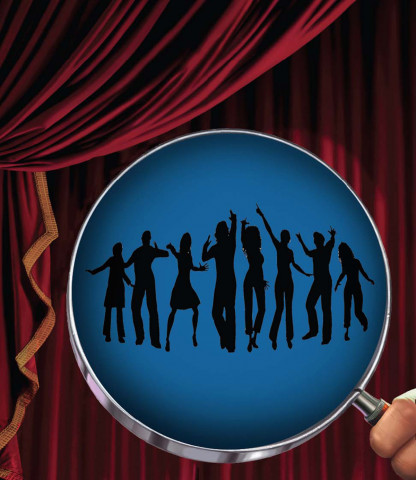
“Those who are in favour of putting barriers on commercial theatre artists should come and watch them perform. The spontaneity which they have is hardly ever matched by any of the TV or film artists. Yes, these plays have dances but why call a play bad just because it has dances which some find vulgar,” he says.
Ali is just one of the thousand staunch fans of commercial theatre.
While most of the people attached with parallel or serious theatre believe that commercial theatre’s popularity lies in its vulgar dances (mujras), commercial theatre people do not agree with this.
Usman Peerzada believes that vulgar dances have brought disrepute to Pakistan. “We were in India sometime back when we were shown CDs of these dances at a press conference. We were ashamed and had no reply,” says the actor.
“We have to clean our theatre of such obscenity. Dance is not bad. But dance without a theme and that too a vulgar one is intolerable,” he adds.
Commercial Theatre Producers Association Chairman Chaudhary Zulfiqar has a different approach. He says, “I have produced dramas which garnered worldwide fame. I took my dramas to America, Europe and Australia. Feeka in Amrica and Shartiya Meethay are just two examples of it. They don’t have any vulgar dances, then why did they become so popular?”
“I don’t support vulgar dances but this is not right to say that commercial theatre got famous just because of its mujras. We need to acknowledge the talent that people working in commercial theatre possess and then take steps to get such dances out of our plays”.
Zulfiqar believes it takes time for a transition to take place, “Dances are in demand. People come to watch them. It took years for dance to become an integral part of plays and now we require some time to get these out”. He said that he had witnessed the days when an average play used to earn Rs2 million in one spell which comprises 16 days.
“Good plays earned even Rs10 million in 16 days. This figure is hardly matched by any movies in Pakistan,” said another commercial theatre producer.
Nasim Viki, a popular commercial theatre artist, says that he tries not to indulge in any vulgar dialogues. “People like what we speak on stage. We don’t abuse others, rather we welcome any government check on us,” he says. Currently commercial plays are monitored by three government departments. The Punjab Arts Council approves script of the plays; DCOs monitor theatres while the Home Department makes rules for them and fines or bans producers, directors and artists for anything they find immoral.
“I feel whatever is being shown in the English commercial plays is equally vulgar. At least in Punjabi commercial plays the men stay away from the women. Go and watch Bombay Dreams or Moulin Rouge or Phantom of the Opera….you will find kissing scenes in them,” theatregoer Zofia says.
Veteran actor and producer Samina Ahmed believes that commercial theatre of Lahore can hardly be termed healthy entertainment. “How can you say commercial theatre is popular among all? Look at the audiences that come to watch these plays. No families. Yes, commercial theatre of Lahore is ‘a boy’s night out’ and is popular in a specific class for its mujras but it doesn’t make it a popular mode of entertainment,” she said.
Published in The Express Tribune, August 9th, 2010.

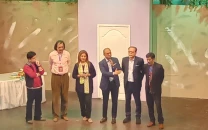
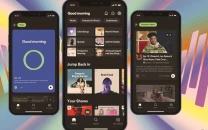

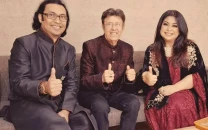
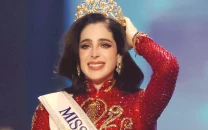













COMMENTS
Comments are moderated and generally will be posted if they are on-topic and not abusive.
For more information, please see our Comments FAQ